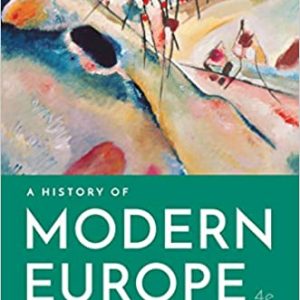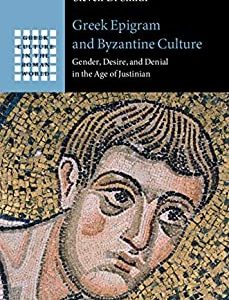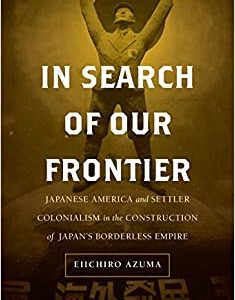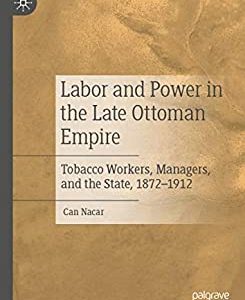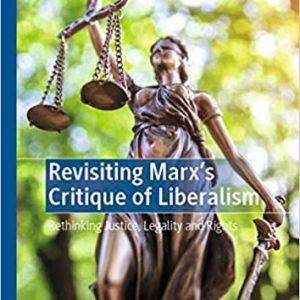Dorothy Rogers specifically examines the ideas of women who entered philosophical discourse through education and social activism. She begins by discussing innovative educators, some of whom were members of the influential Idealist movement in St. Louis, Missouri in the eighteen-sixties and seventies. She then looks at the ideas and impact of women who were independent scholars and social and political activists. Throughout the volume, Rogers explores how Idealist thought developed, matured, and was transformed over time – across lines of race, culture, and socio-economic class. Several of the women discussed were ardent feminists and activists: Mary Church Terrell, Anna C. Brackett, Grace C. Bibb, Ana Roqué, Ellen M. Mitchell, Lucia Ames Mead, Jane Addams, Ida B. Wells-Barnett, and Luisa Capetillo.
By providing exciting new insights into the work of these early women philosophers and introducing the next generation of women who shared the same ideals and influences, Rogers deftly elucidates the genealogy of women's thought as it developed across North America.




